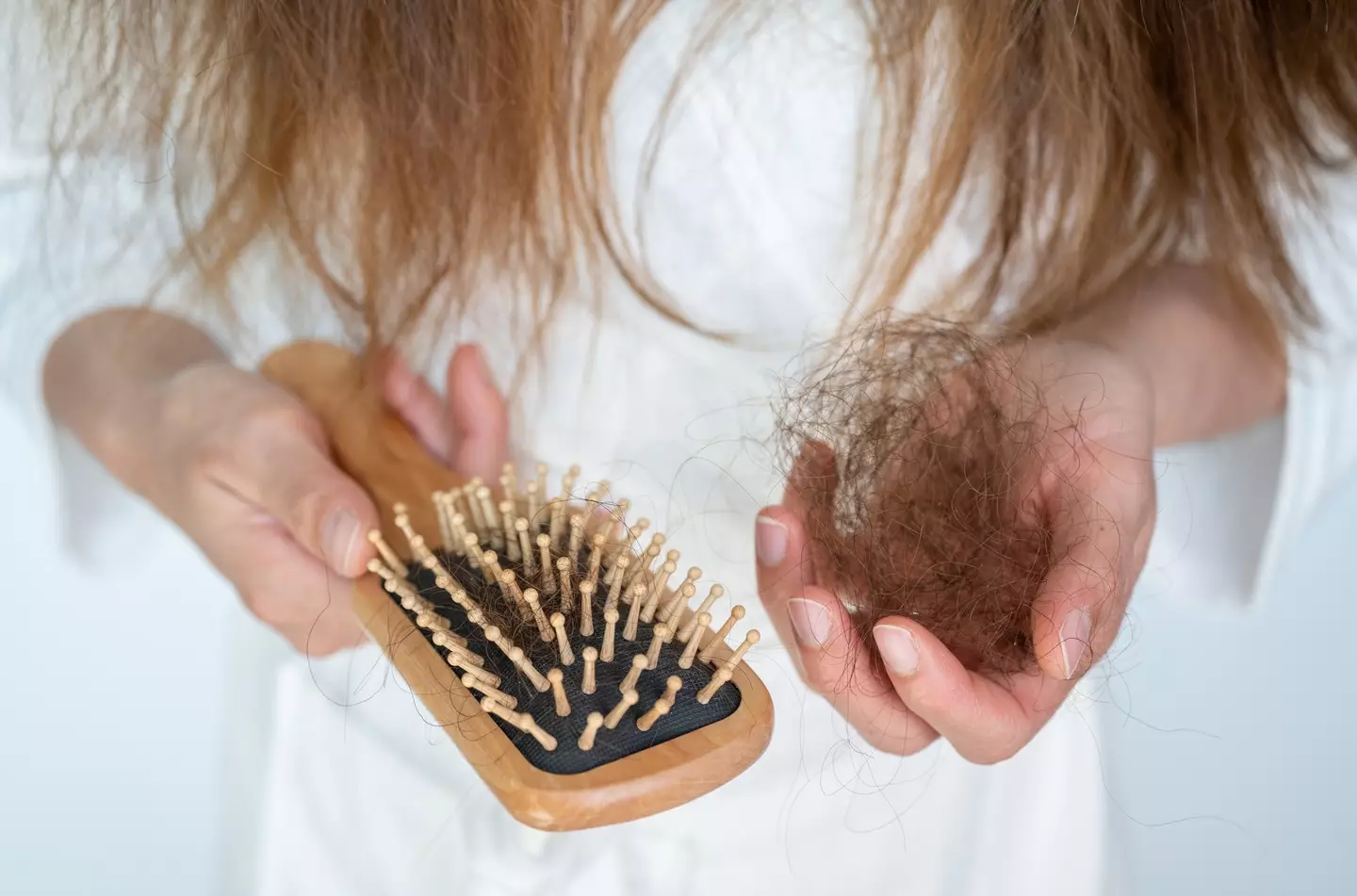
If you’re a man, the odds are that you’re going to lose at least some of your hair.
In the US, 85% of men experience some form of hair loss, and the same is true of 35% of women. A quarter of men begin to lose their hair by 30 years old, with androgenetic alopecia being the most common cause.
As any man with an interest in protecting their hair will know, treatments aren’t consistent between different people and they’re both expensive and carry their own health risks.
While the mechanisms behind hair loss and aren’t perfectly understood, stress, poor health and a molecule called dihydrotestosterone (DHT) are all known triggers for follicles giving up the ghost.
Advert

According to a recent study from the Universidade do Porto, Portugal, there might be a particular culprit to consider cutting back on if you’re worried about losing your locks: fizzy drinks and sodas.
“Diet and nutrition play a crucial role in hair health, particularly vitamin D and iron supplementation, while limiting alcohol and soft drinks may be beneficial,” said the researchers from Portugal’s Universidade do Porto.
The study found a strong link between increased hair loss risk and sugary drink consumption, with the inflammatory response to those drinks being the key contributor.
Advert
Just 3,500 millilitres of fizzy drinks each week, or 500ml per day, was shown to increase the hair loss risk in young men in a 2023 study from Tsinghua University. Those researchers said it was difficult to understand the triggers in their data set, with just 1,028 participants included in that particular study.
The Portuguese university’s study found a link between the 2023 study’s results and another from 2016 that said processed foods featuring simple sugars poses an ‘indirect factor linked to hair loss’.
Those foods increase sebum production, which in healthy amounts can hydrate your hair and skin. Overproduction increases bacterial growth on the scalp, causing inflammation and irritation that can accelerate hair loss.
“The findings suggested that targeted dietary interventions could be important in preventing and managing hair conditions such as alopecia and hair loss. However, further research is needed to deepen our understanding of these associations and to develop evidence-based recommendations for promoting hair health through nutrition,” said the Universidade do Porto researchers.
Advert
Diet may have a more significant effect on your hair situation that you might think.
They continued: “A positive association was also observed between protein intake, the consumption of soy products, cruciferous vegetables and supplements, with improvements in hair parameters such as hair loss and hair density.”
.jpg)
Along with cutting back on sugary foods and drinks, getting enough vitamin D, vitamin B2 and iron have been linked with protecting against hair loss. Both substances have also been linked with promoting hair growth, so be sure to get some sunshine and spinach down you.
Advert
Soy products have also been linked with hair growth and reduced hair loss.
